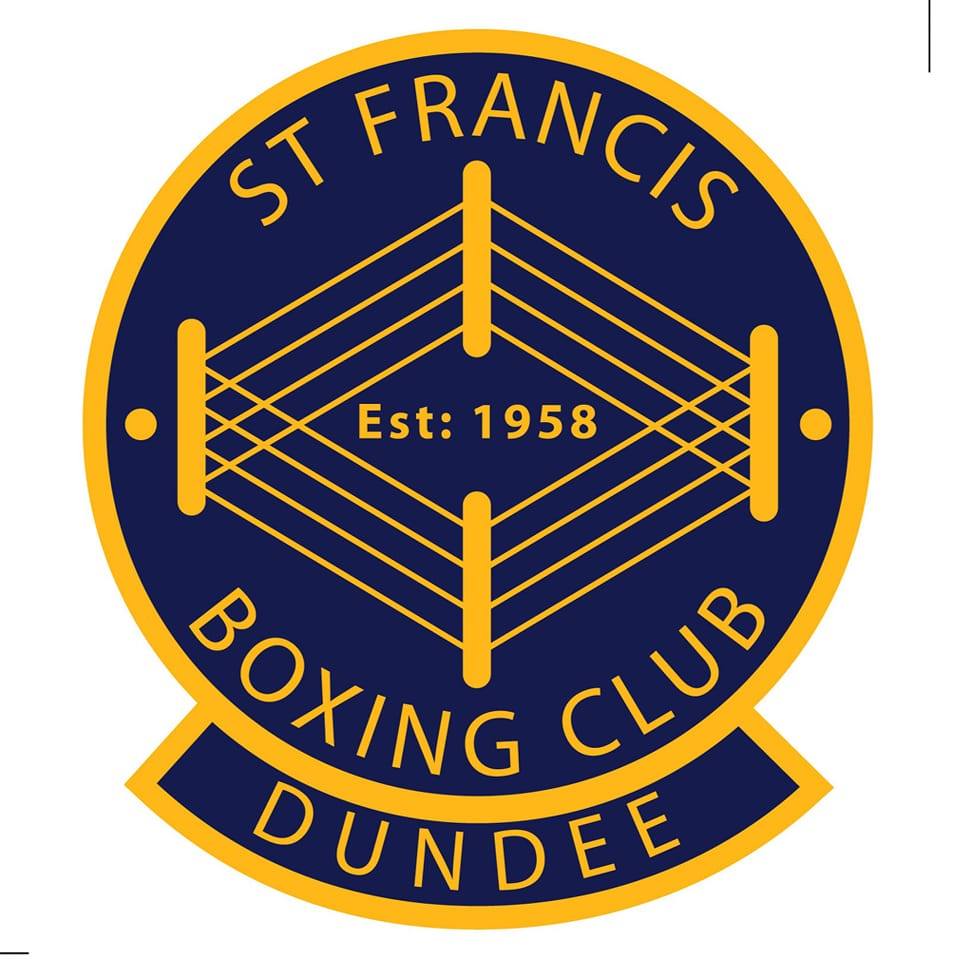THE glories of Britain’s amateur stars tend to get eclipsed by those of their professional counterparts. But 60 years ago this week, a night of amateur boxing took place that remains indelibly inked in the minds of those who witnessed it.
The date: November 2, 1961, the place: Empire Pool in Wembley, where a team of Britain’s best amateurs was taking on America’s top unpaid talent. If appearances were anything to go by, beforehand the US side appeared to have the edge. “How smart the American team looked on parade compared to the British team, garbed in dull, outsize, navy dressing-gowns which looked about 10 years old,” observed BN’s reporter. The GB team’s shabby appearance, though, was a false indicator.
At flyweight, future British, Commonwealth and European bantamweight titlist Alan Rudkin halted Philadelphia’s Sherman Washington in three, BN stating that the 19-year-old Liverpudlian looked “good enough to hold his own with any flyweight in the world”.
At bantam, the reigning ABA champ, Peter Benneyworth, clearly outpointed Native American Johnny Cesspooch after flooring him in the first, while GB’s featherweight hope, reigning European king Frankie “The Tiger” Taylor, “provided fire and fury with a third-round stoppage of baby-faced Ralph Ungricht”. A left hook put Ungricht down in the first before Taylor knocked him out of the ring with the same punch in the third. The ref had no need to count. Frankie would carry his exciting style and big punch into the paid ranks, turning over three months later.
At lightweight, the legendary Dick McTaggart, already considered an all-time amateur great, showed class and cunning in outpointing Woodie “Caesar” Marcus, who was made to miss “time and again with the greatest ease”.
Menominee Native American James Caldwell made a strong impression by entering the ring with a fabulous headdress, but was clearly outpointed by Army light-welter Brian Brazier. In the welterweight tussle (reckoned by BN’s Ron Olver to be the fight of the night), Liverpool’s Jim Lloyd outscored Michigan’s Phil Baldwin in a return, Lloyd having put Baldwin out of the 1960 Rome Olympics to win bronze.
Light-middleweight Derek Richards bulldozed Toledo’s Golden Gloves champion, Roy McMillan, with well-timed body shots, prompting the ref to intervene in round two.
At middleweight, Fauldhouse miner John Fisher seemed determined to finish another Golden Gloves champ, Leotis Martin, inside time. This he did with a beautiful left to the body in the final round. With hindsight, Fisher’s win is even more impressive. Martin went on to a 31-5 record as a pro heavyweight, and in December 1969 knocked Sonny Liston out cold to become the first NABF heavyweight champion. It was a bittersweet victory, as Leotis suffered a detached retina, which ended his career.
At light-heavy, Dennis Pollard was another inside-schedule winner when he stopped Don Rouse of Idaho in three; but the biggest sensation that night came in the heavyweight bout, which pitted West Ham’s Billy Walker against giant Philadelphian Cornelius Perry.
A rapt TV audience watched Walker [pictured above] demolish the American with a thunderous left hook in the first round. Billy’s stock soared astronomically almost overnight, and within four months he had turned pro with brother George as manager. With his blond hair, good looks and all-action style, he was dubbed the “Golden Boy” and the “Blond Bomber”. Although he failed in bids for British and European honours, he was one of Britain’s brightest crowd-pleasers and biggest stars of the 1960s.
Boxing News called the 10 out of 10 wins slaughter of the US side “the greatest win ever for a Great Britain team”. It’s hard to argue with that assessment.




